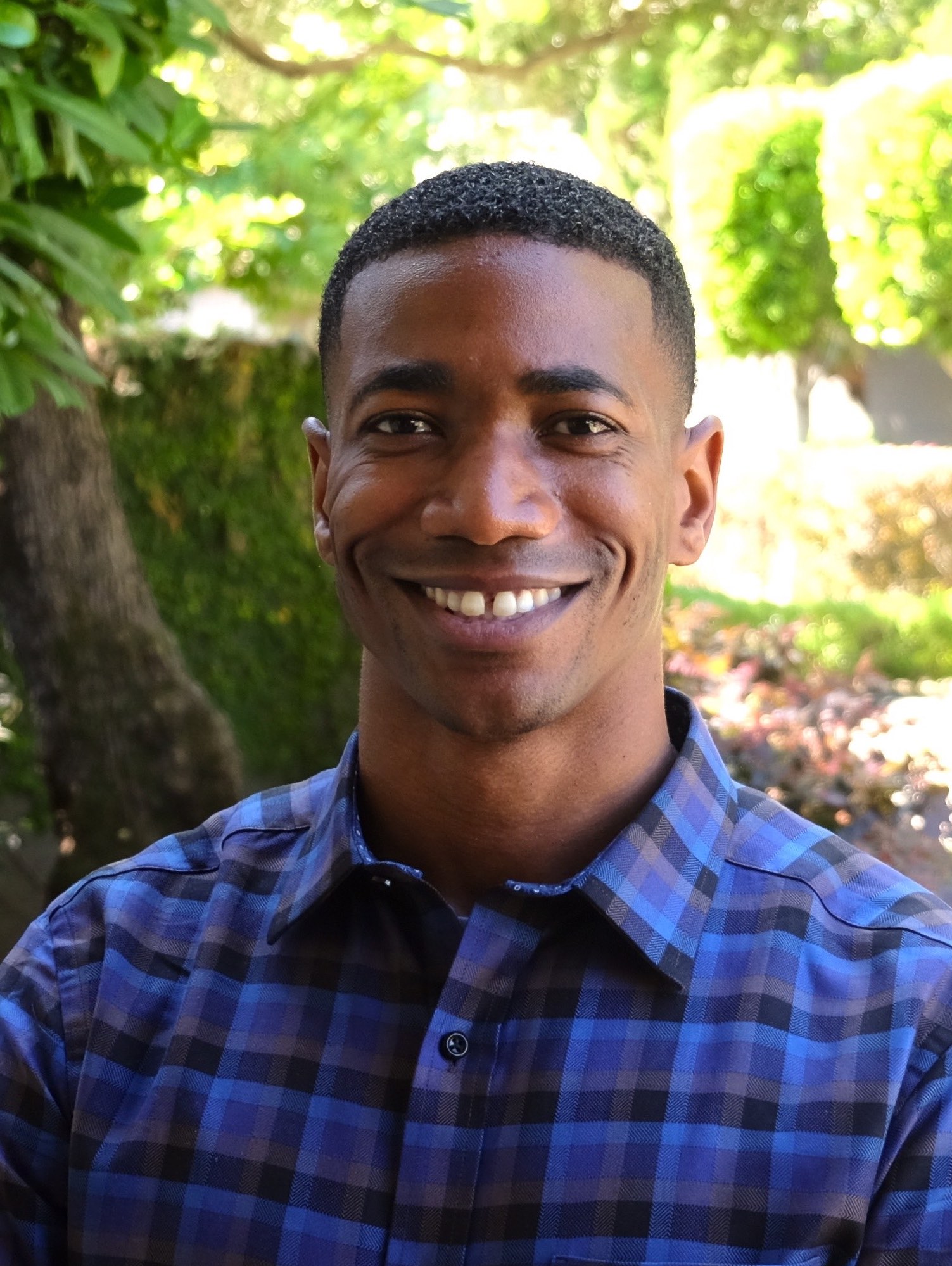 Maria Glymour, PhD
Maria Glymour, PhD
Dr. Maria Glymour will be leading Module 1: Representative Sampling. Her research focuses on how social factors experienced across the lifecourse, from infancy to adulthood, influence cognitive function, dementia, stroke, and other health outcomes in old age. She is a leader in overcoming methodological problems encountered in analyses of social determinants of health, Alzheimer's disease, and dementia. She is also the Program Director of the UCSF Epidemiology and Translational Science PhD program.
 Meghan Morris, PhD
Meghan Morris, PhD
Dr. Meghan Morris will be leading Module 2: Hard-to-Reach Populations. She is an infectious disease epidemiologist who aims to engage diverse partners in the development of evidence-based policy change to reduce social inequalities and improve health among underserved communities. Her research focuses on applying epidemiological methods to study the impact of individual, social, and structural factors on disease transmission within marginalized populations.
 Paul Wesson, PhD
Paul Wesson, PhD
Dr. Paul Wesson will be leading Module 3: Population Size Estimation. He is an epidemiologist who is engaged in research to quantify health disparities among hard-to-reach and socially marginalized populations, particularly as they relate to infectious diseases. His research expertise includes developing and using data driven methods for sampling hard-to-reach and “hidden” populations, population size estimation methods, and using advanced epidemiologic and statistical techniques to study the social determinants of health.
 Thomas Hoffmann, PhD
Thomas Hoffmann, PhD
Dr. Thomas Hoffmann will be leading Module 4: Internal/External Validity. He is a biostatistician whose applied work encompasses a wide variety of genetic association studies related to human health, including work on age-related hearing impairment, cardiovascular disease, and cancer. Driven by this applied research, his methodological work includes imputation, array design, rare variants, gene-environment interaction, and study design.